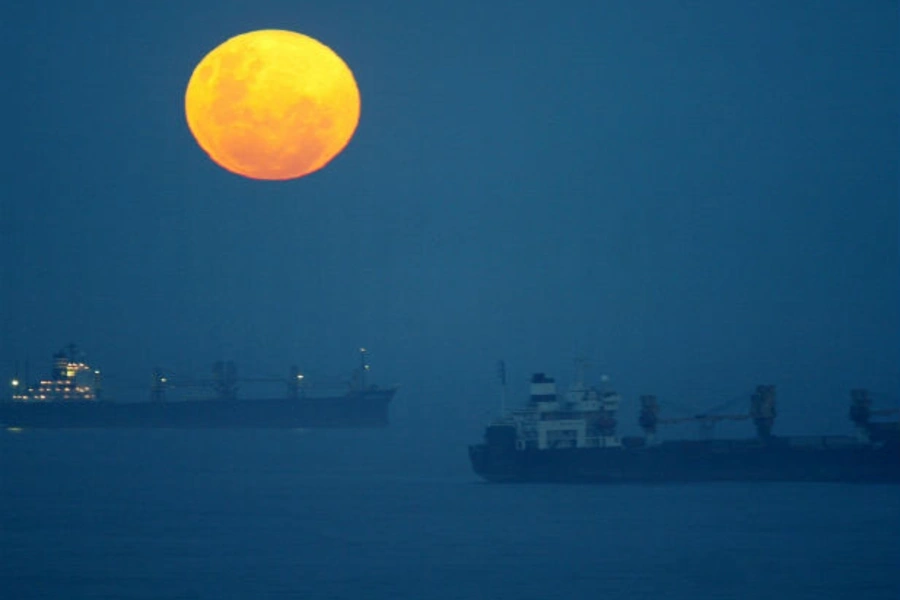More on:
Simon Allison published an article on December 15 in South Africa’s Daily Maverick entitled "Africa for Optimists: 2013 in Review." He picks five of the “most encouraging” African stories from 2013 and provides links to read more about them. They are:
1) The Grand Ethiopian Renaissance Dam, which Allison points out is both an infrastructure and a political and diplomatic achievement. Sudan and Egypt–always concerned about the upstream diversion of water from the Nile, such as the Grand Renaissance Dam involves–have now come to the table to discuss the dam’s construction and to ensure equitable management of the Nile’s water. There is an intergovernmental committee to plan for any negative impact. Allison concludes that, “managed sensibly, there is plenty of water to go around.”
2) There has been a decline in piracy off the Somali coast. Ships are better equipped with armed guards. The European Union’s flotilla has had an impact, and local Somali communities are less supportive of piracy.
3) Madagascar, which is in many ways still a mess, has successfully held elections. They were supported by the Southern African Development Community, which has improved the security situation.
4) The defeat of the M23 rebel group in the eastern region of the Democratic Republic of the Congo. Allison attributes the defeat of this particularly vicious rebel group to the improved performance by the Congolese army and to the UN’s innovative peacekeeping force, which is made up of troops from Malawi, South Africa, and Tanzania. Unlike other UN peacekeepers, it has the mandate to go on the offensive.
5) Nigerian businessman Aliko Dangote is planning to construct an oil refinery in Nigeria. Not only would this reduce Nigeria’s dependence on imported oil, but it would also create jobs.
To me, some of these achievements are of greater magnitude than others. The defeat of M23 and a new mandate for UN peacekeepers seems to me to be unalloyed good news. So, too is the decline of piracy off Somalia, though as Allison observes, it is balanced by an upsurge of piracy in the Gulf of Guinea. As for the Ethiopian Dam, I think it is too soon to tell whether the concerns of Egypt and Sudan have been permanently allayed, though for the time being, the news is positive. With respect to Madagascar, there is still a runoff election to be held. And the oil refinery to be built in Nigeria by Dangote, “Africa’s richest man,” will cost an estimated U.S.$9 billion. Dangote has found U.S.$3.3 billion so far for the project, which is a good start.
Allison’s list is an important contribution, not least because it highlights how much is going on in Africa that fails to receive sustained American media attention. It is also a rebuke to overly simple narratives, whether they be “Africa Rising” or “Africa the Hopeless Continent.”
More on:
 Online Store
Online Store
